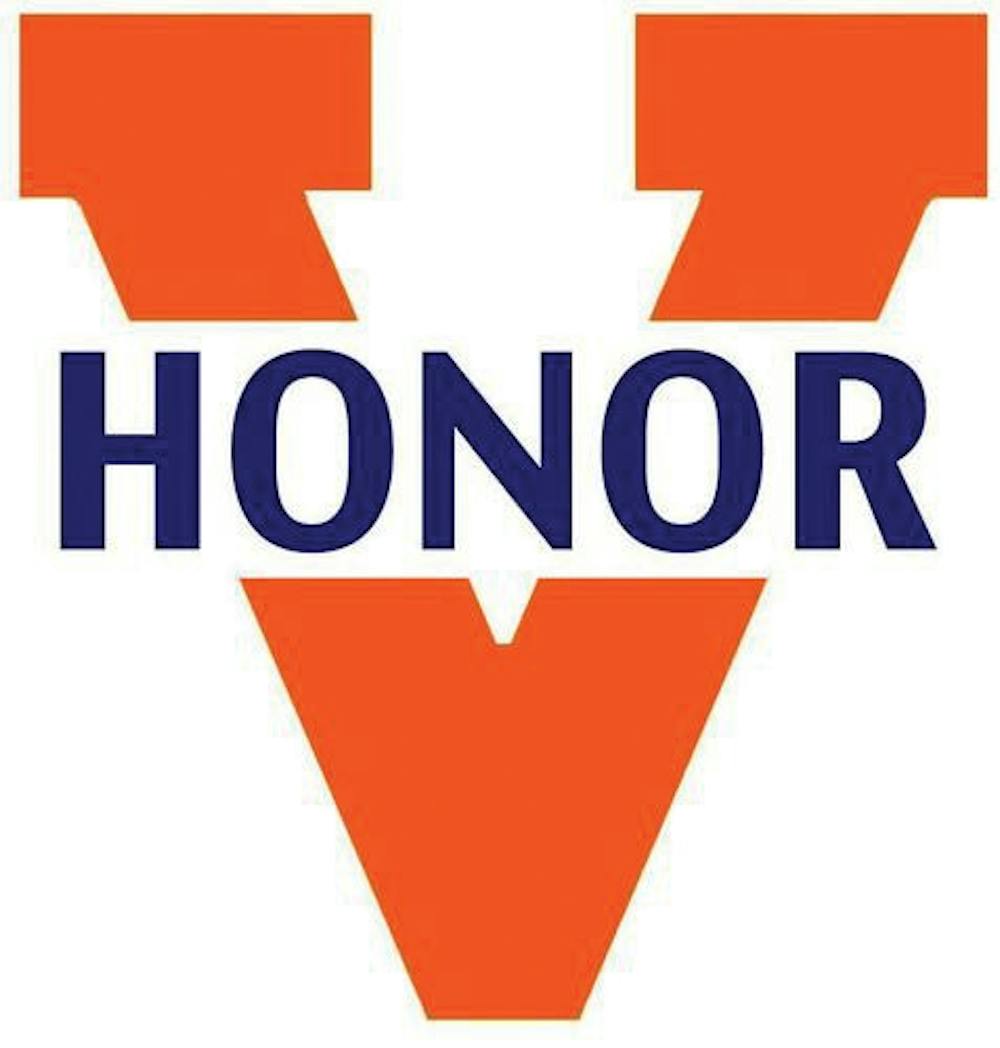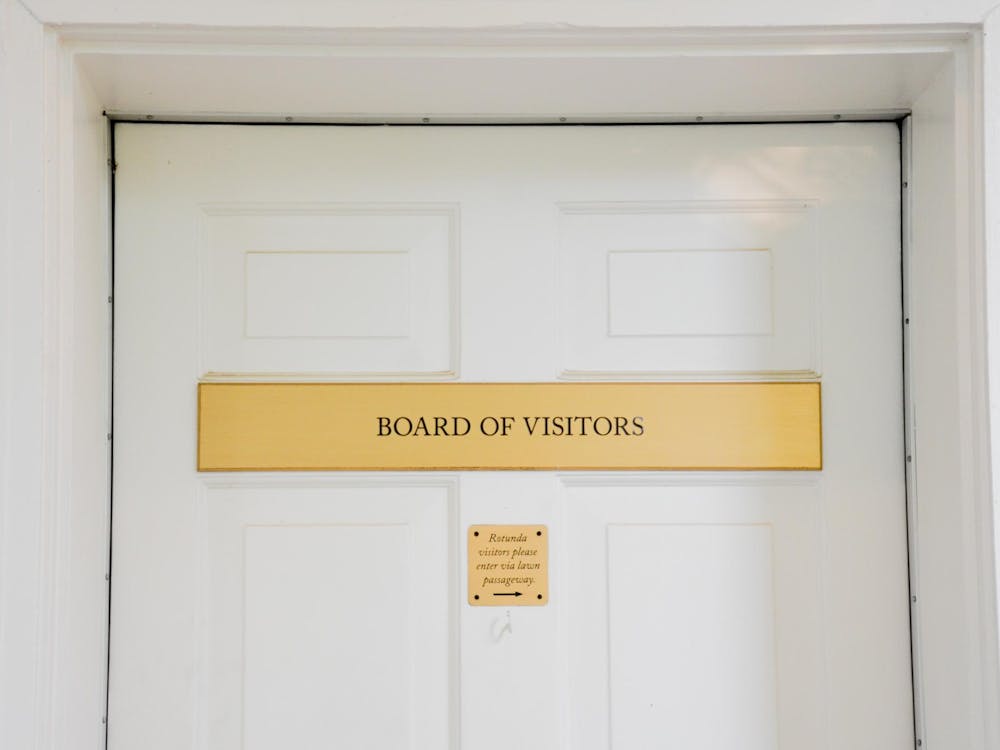The Honor Committee held a panel Thursday in the University Chapel to give the community the opportunity to hear honor representatives’ thoughts on proposed referenda. The panel was chaired by fourth-year Commerce student and honor representative Joe Martin, vice chair for trials Nick Lee, a fourth-year College student, graduate Medicine representative Michael Billet, third-year Education representative Jessica Drews and graduate College representative Ben Liebov.
The panelists went through the three referenda, discussing their opinions and answering student questions. Drews said the first referendum — which calls for a Committee constitutional change establishing biannual honor popular assemblies — would be beneficial to the community. She said if the measure is approved it will allow the student body to come forth in a more organized manner to discuss all issues pertaining to the honor system.
“While there are definitely pros and cons to this, I personally think it’s a great idea,” Drews said. “It allows more communication between the Honor Committee and students and maybe allows students to think more about questions and concerns they may have and do something about them versus just talking about it.”
Martin said while he likes the idea, he thinks it may be better to add to the bylaws than to the constitution.
“The Honor Committee should be seeking to engage the student body,” Martin said. “The only concern that I see with this is that I’m not sure if the Constitution is the right place to put this idea because I could see, maybe eight years down the line, the Honor Committee decides that this may not be the most effective way to engage the student body, but then it is already in the Constitution.”
Liebov had similar thoughts, saying Honor meetings are already held once a week and offer the opportunity to address community concerns. However, students rarely show up with any questions or concerns.
The second referendum also calls for a constitutional change, one which would hold the Honor Committee accountable to considering non-binding resolutions approved by the student body. Drews said one positive of this referendum is that it would ensure questions brought up by the student body are addressed by the Committee.
“I think it’s a responsibility of our school to not lose track of issues that do matter because year by year, the Committee deals with issues that are completely different,” Drews said.
Martin said while he agrees there are a number benefits inherent in this referenda, he sees a few cons.
“The first negative is that we hold committee elections, where people run on platforms and ideals, and people might be elected to a committee, but then they could be required to consider another non-binding resolution from the term before, questions that they did not run on,” he said.
Martin also said the wording of the referenda is a little unclear as to how to proceed in future years.
The third referendum — a non-binding sanctioning reform — seeks to assess student body opinion on a multi-sanction honor system as a replacement to the current single-sanction system.
Liebov said he is not a fan of the single-sanction system because he thinks it does not promote reporting and fails to serve as an educational tool to teach students how to act more morally.
“Personally, I am less afraid to report cheating at my previous undergrad than here,” Liebov said. “I think here it is very threatening to report due to the current system.”
In contrast, Drews said she thinks the single-sanction system holds individuals to higher standards.
“Putting a multiple sanction system is place for acts of lying, cheating, or stealing loses some of the integrity that the system currently possesses,” she said.
Drews also said if honor were no longer a single-sanction system there would be little difference between the Honor Committee and the University Judiciary Committee, which currently operates a multi-sanction system.
Second-year College student Alec Grieser, who was in the audience, said he has been involved in the Preserve Honor campaign and came to the panel to hear what people on the Committee had to say about the referenda.
“Going through the referenda again, considering all their positives and negatives, hearing new viewpoints that I hadn’t heard before was helpful,” Grieser said. “I don’t think it changed my mind on any of the referendum, necessarily, but it has given me a new light in how to look at the problem.”
Third-year College student Allie Ivener said she came to get some of her questions answered and hear student opinions from outside of Honor.
“I am a part of Honor, so I have a background on what the referenda were, but hadn’t had an open dialogue about it and also haven’t really heard other students opinions outside of Honor,” Ivener said. “I was mainly interested in hearing what students not involved in Honor had to say because I think that is really important for the committee as well.”
Referenda voting will be open online Friday.







